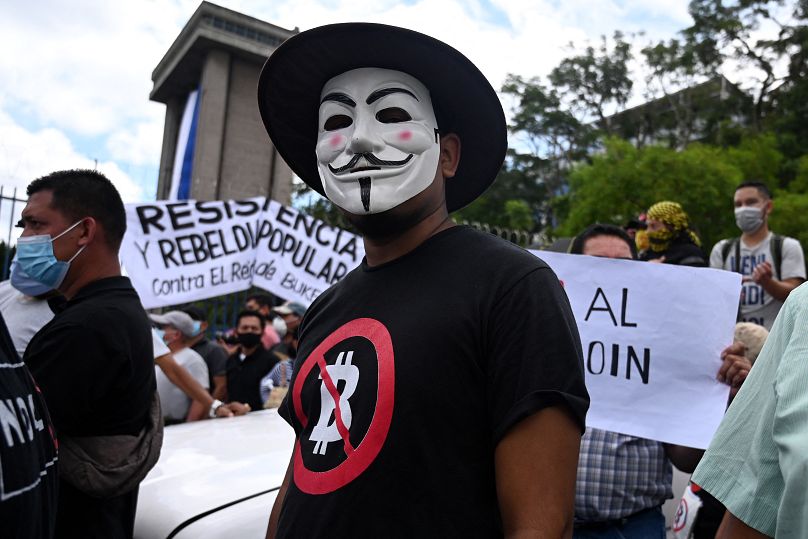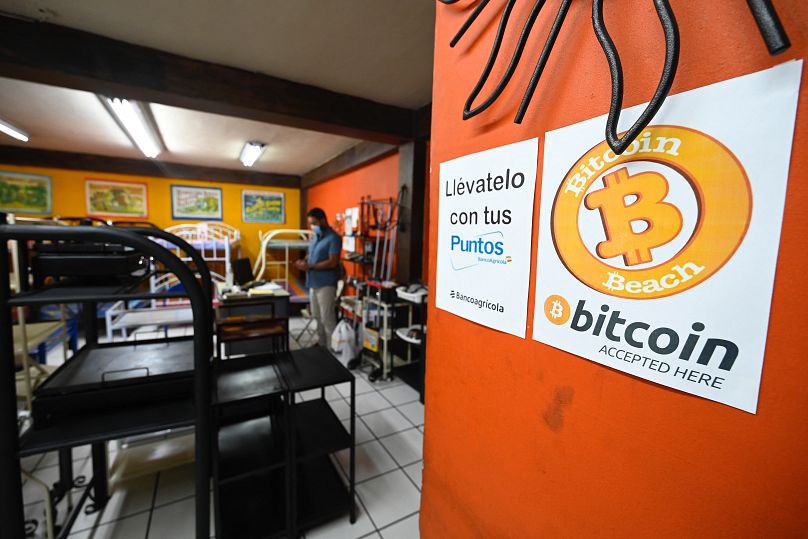As El Salvador is about to use Bitcoin as legal tender, a study shows many are distrustful of the crypto and some don’t even know what it is.
Bitcoin will soon be legal tender in El Salvador but much of the population in the Central American country are distrustful of the cryptocurrency and do not know how to use it, according to a poll by the Central American University (UCA), a Jesuit university based in El Salvador.
 ADVERTISEMENT
ADVERTISEMENT
 ADVERTISEMENT
ADVERTISEMENT
The survey carried out in August, questioned 1,281 people and found that seven out of 10 people do not fully understand what Bitcoin is.
In fact, only 4.8 per cent of those surveyed correctly identified Bitcoin as a cryptocurrency and two out of 10 people had not even heard of Bitcoin before.
The results of the study come just days before El Salvador’s government is set to formalise Bitcoin as a legal tender on September 7.
Almost 68 per cent of those surveyed said they disagree with using the cryptocurrency as a legal tender.
Bitcoin protests
The move follows a vote to legalise the cryptocurrency by lawmakers in June. The poll showed that seven out of 10 respondents believed lawmakers should repeal the law and that eight out of 10 had little or no confidence in its use.
"What we can see in this survey, in addition to this broad rejection of the implementation of Bitcoin as legal tender, is that for the first time we found a significant disagreement between the population and decisions being made by the Legislative Assembly and the president," said UCA dean Andreu Oliva.
In recent weeks, hundreds have protested the Bitcoin law in the capital San Salvador. Demonstrators - including workers, veterans, and pensioners - voiced their concerns about the use of cryptocurrency, especially if in the future it was relied on to pay for pensions and welfare instead of the US dollar.
Benefitting the rich
The survey also showed most Salvadorans think the main beneficiaries will be the wealthy, foreign investors, the government and business leaders.
President Nayib Bukele and his government have presented the measure as a way to boost jobs and economic development by making El Salvador less reliant on US dollars, the current legal tender.
The new crypto law would put Bitcoin on a level pegging with the US dollar, a move that has been criticised by the International Monetary Fund (IMF).
The government did not immediately respond to a Reuters request for comment on the poll.












